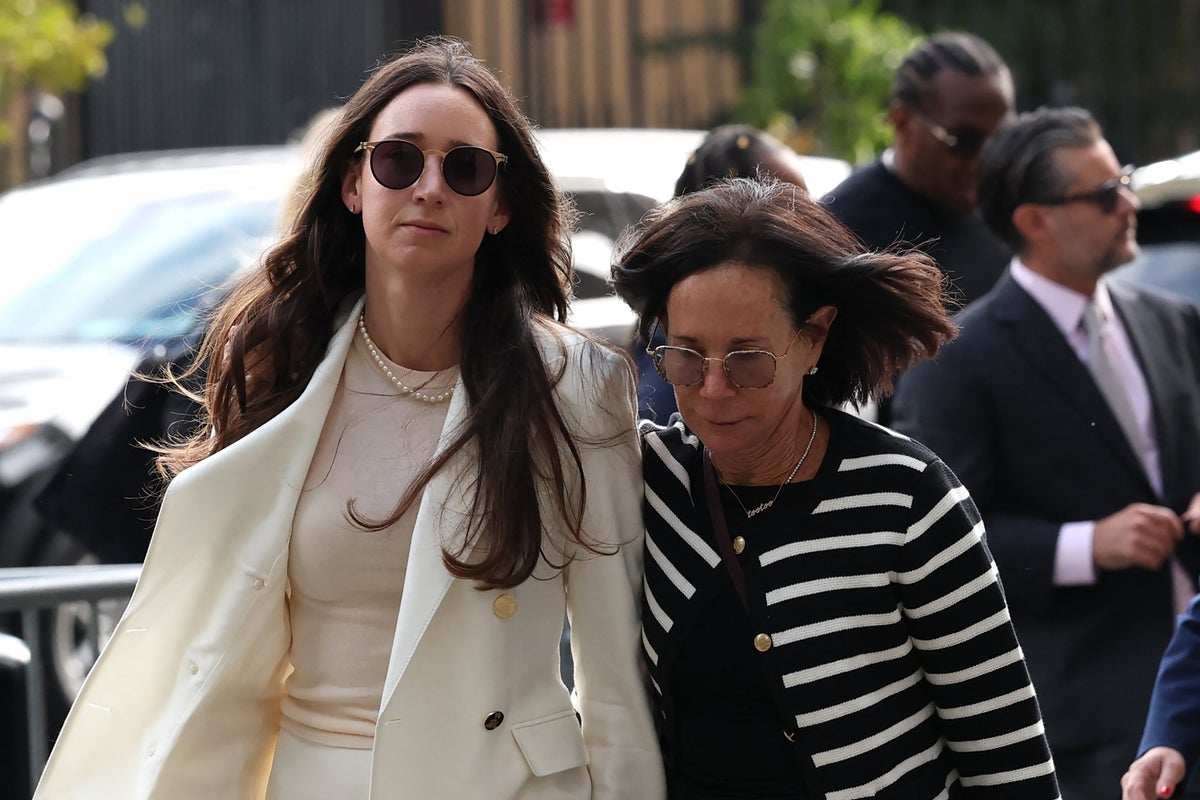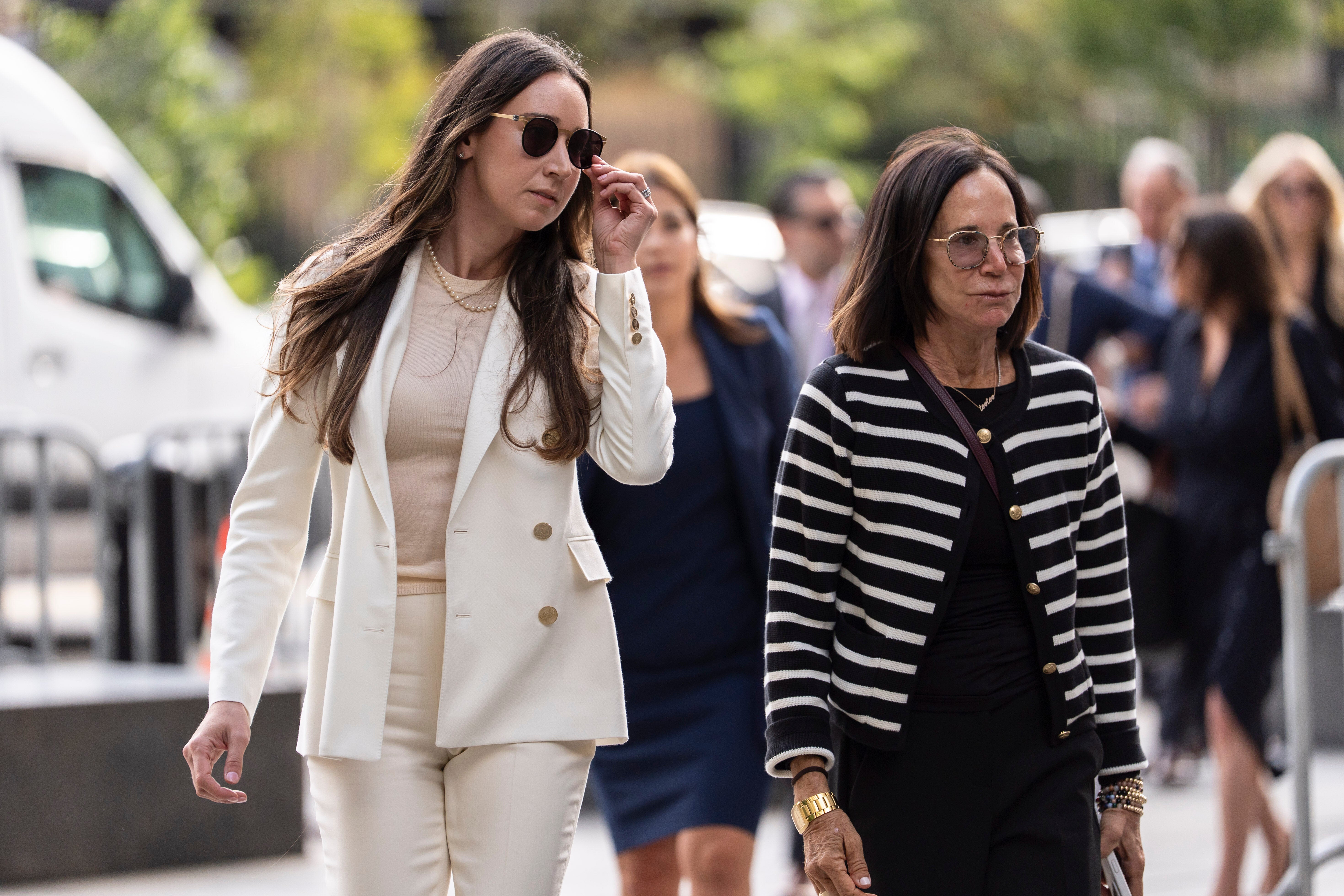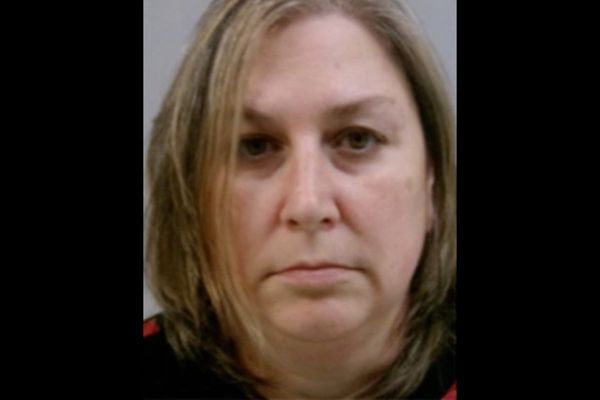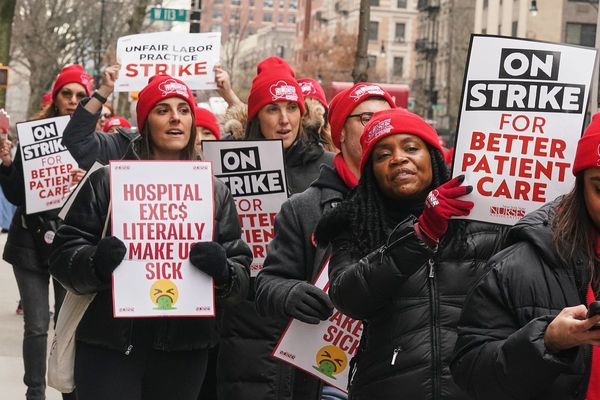
Charlie Javice, the finance-tech startup founder who lied about her financial aid company and sold it to JPMorgan Chase for $175 million, was sentenced to seven years in prison Monday.
Judge Alvin Hellerstein said he felt the federal government’s suggested sentencing of 12 years in prison was too steep, and sentenced Javice to 85 months, or just over seven years, at Manhattan federal court.
“My job is to sentence people not because they are bad, but because they have done something bad. You are a good person who has done bad things. I have to punish you. Markets require honesty. It's Biblical. Yours was not an honest measure,” Hellerstein told Javice, according to the Inner City Press.
She was convicted of defrauding America’s largest bank in March, following a five-week trial in New York City.
Javice, 33, founded Frank in 2017, a startup that promised to simplify the process of filling out the Free Application for Federal Student Aid, or FAFSA.
The company claimed to be revolutionizing the way college students apply for aid, boasting that it could help financially needy students get access faster, in return for a few hundred dollars in fees.
Javice, a graduate of the University of Pennsylvania’s Wharton School of Business, was widely praised for creating a way to simplify college financial aid for students and parents, and earned a spot on Forbes magazine’s “30 under 30” list in 2019.
However, the founder fraudulently claimed that her company, Frank, had over four million clients when it only had about 300,000 users at the time.
JPMorgan was interested in acquiring Frank, in part, because the bank saw potential in the startup’s supposedly long list of young, educated clients. The bank believed those future college graduates could potentially be sold on the idea of a lifelong partnership with the financial institution.
But after buying the company in September 2021, JPMorgan said it found evidence that Javice had lied about the number of customers Frank had. JPMorgan Chase declined to comment to The Independent.
On Monday, prosecutor Micah Fergenson noted that JPMorgan “didn’t get a functioning business” in exchange for its investment, telling the judge, “They acquired a crime scene.”
Fergenson said Javice was driven by greed when she saw that she could gain $29 million from selling her company.
“Ms. Javice had it dangling in front of her and she lied to get it,” he said.

While Hellerstein mostly dismissed arguments that he should be lenient because the acquisition pitted “a 28-year-old versus 300 investment bankers from the largest bank in the world,” according to the defense, he also criticized JPMorgan Chase. “They have a lot to blame themselves,” he noted, after failing to do due diligence.
The judge quickly added that he was “punishing her conduct and not JPMorgan’s stupidity.”
Federal prosecutors argued that Javice deserved 12 years in prison but her lawyers said a shorter term was appropriate, claiming her crimes were a “singular lapse in judgment” due to her age.
Javice’s prosecution has been compared to the case against Elizabeth Holmes, who founded the blood testing company Theranos, which collapsed amid fraud allegations. After Holmes was found guilty of defrauding investors over false claims about the company’s blood testing capabilities, she was sentenced to 11 years in prison.
Despite the comparisons, Javice’s lawyer, Ronald Sullivan, insisted that his client was very different from Holmes. Sullivan noted his client, unlike Holmes, created a product that worked, whereas Holmes “did not have a real company” and had a product that “endangered patients.” Sullivan told the judge that JPMorgan rushed through negotiations over fears that another bank would acquire Frank first.

The defense also argued that the company “helped real families achieve real dreams — first-generation Americans, children of immigrants, young people from underserved communities who saw college not as an entitlement but as a distant hope made suddenly possible.”
The defense cited a “chorus of support” from over 100 people who submitted letters to the court on Javice’s behalf.
Speaking in court Monday, Javice said she was “haunted that my failure has transformed something meaningful into something infamous.” She said she “made a choice that I will spend my entire life regretting.”
Through tears, she apologized to “all the people touched or tarnished by my actions,” including JPMorgan shareholders, Frank employees and investors, and her family.
Javice, who lives in Florida, has been free on $2 million bail since her 2023 arrest, according to the Associated Press.
Javice's co-defendant Olivier Amar, who was Frank's chief growth officer, was convicted on the same counts. His sentencing is scheduled for October 20.
She is expected to appeal her conviction, according to Reuters.







